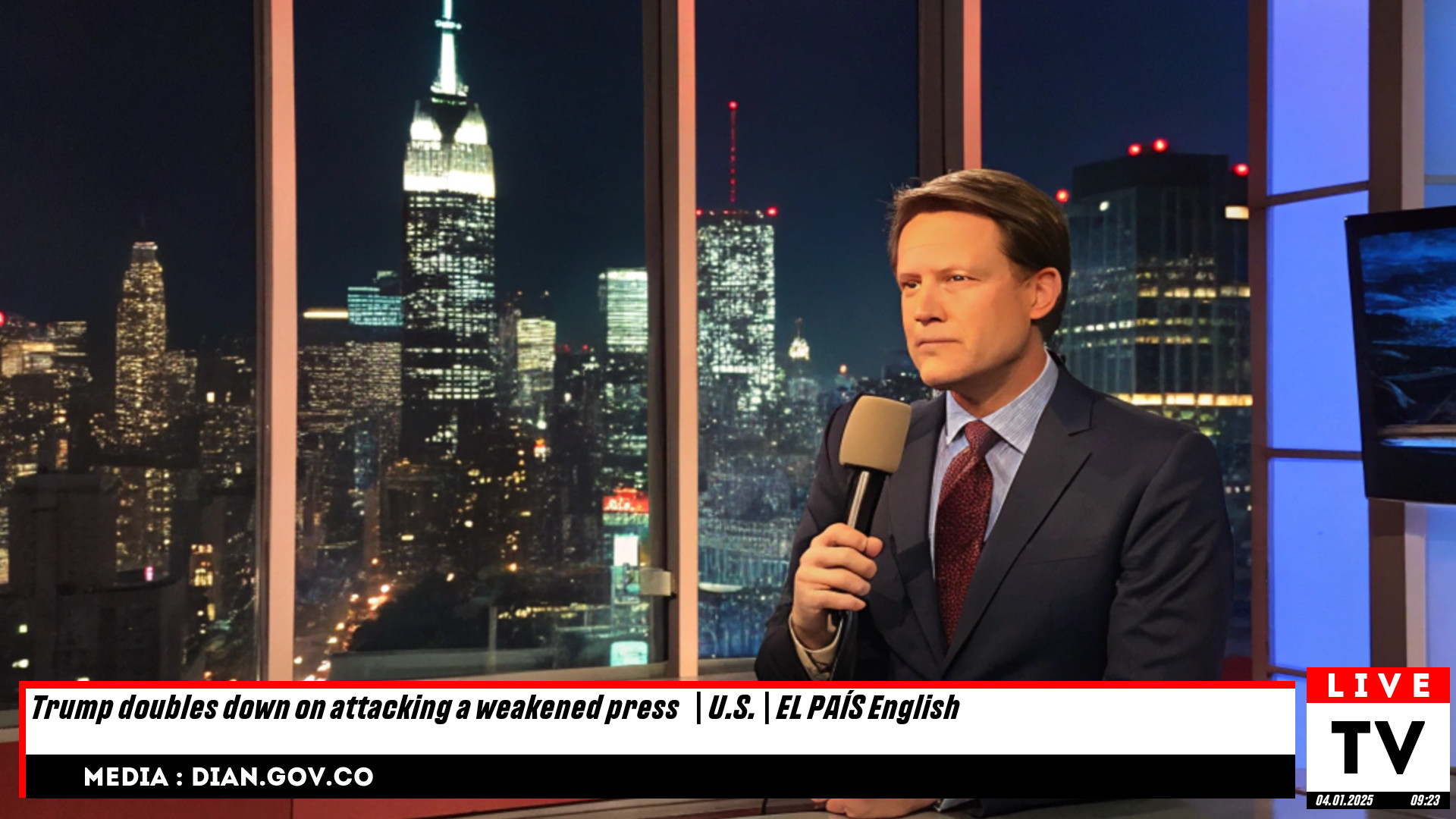"Cómo la Inmigración Está Reformulando la Agenda Política de EE. UU. para 2024"

Pocos temas dominaron la agenda política de Estados Unidos en 2024 como lo hizo la inmigración. Esto se debió, en gran medida, a que fue un año electoral en el cual el candidato que ganó la presidencia, Donald Trump, convirtió este asunto en el eje central de su campaña. Es innegable que el republicano monopolizó el debate político y público en torno a la cuestión, con sus insultos hacia la comunidad migrante y sus promesas de cerrar la frontera y deportar a millones de personas. Sin embargo, 2024 también fue un año crucial para el Partido Demócrata en materia de inmigración. El presidente Joe Biden decidió adoptar una postura más estricta: restringió el derecho de asilo en la frontera y deportó el mayor número de migrantes en una década.
2024 was also a year in which it became known that foreign immigration contributed to the largest population growth in the United States in more than 20 years; that undocumented migrants have contributed billions of dollars in taxes to the American economy; and that only the arrival of more of them will allow for the growth of the country’s workforce in the coming years. Yet for all the ways in which migration has been shown to be — and will continue to be — beneficial to the country, the past 12 months have seen a notable shift to the right in American immigration policy. Here are the keys to how it happened, and how that shift will also influence 2025 under a second Trump administration.
One of the moments that best sums up the 2024 election campaign was when Trump said during the only debate between the two presidential candidates [there was a previous one between the Republican magnate and Joe Biden] that Haitian migrants who have arrived in the Ohio town of Springfield to work in recent years are eating their neighbors’ pets. “They’re eating the dogs, the people that came in, they’re eating the cats. They’re eating the pets of the people that live there, and this is what’s happening in our country, and it’s a shame,” the Republican said on September 10.

Impactante accidente en San Andrés: pareja sufre lesiones durante vuelo en parasail.

"El Test del Elefante Rosa: ¿Qué Revela tu Imaginación Visual sobre el Control de tus Pensamientos?" | Ciencia | EL PAÍS Inglés

"Descubre a Jean-Luc Godard: El innovador cineasta y su inesperada conexión con las artes visuales" | Cultura | EL PAÍS English

"Bill Buford: ‘Las fronteras de salsas y aceites son más relevantes que las fronteras políticas’" | Cultura | EL PAÍS English

"De mapas cerebrales a puentes vivos: Innovaciones que transformarán nuestra vida en 2025" | Ciencia | EL PAÍS English

Trump intensifica sus ataques contra un prensa debilitada

